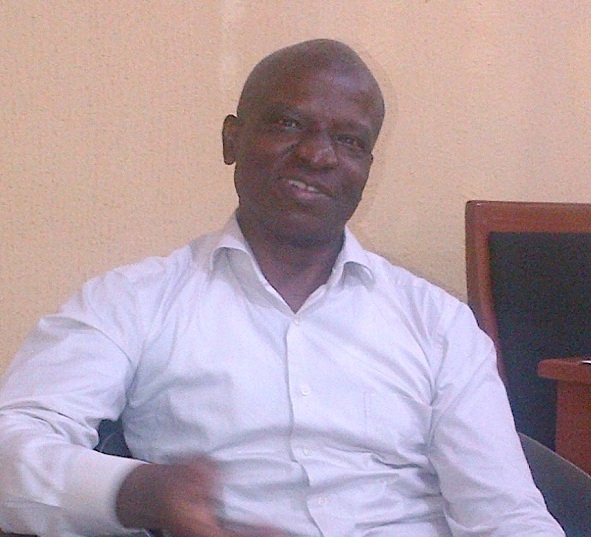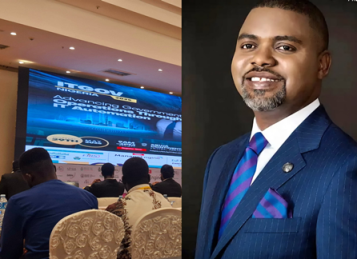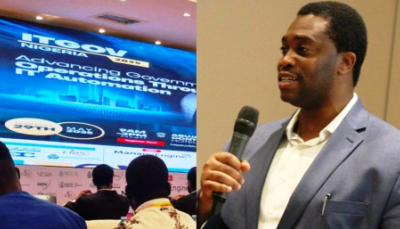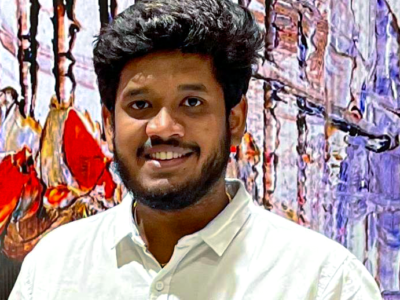Mr. Lucky Ofuafor, the chief executive officer of Rolof Computers, speaks on his company’s strategies that has kept it ahead in the local market in more than 18 years of providing technology solutions. He says local companies can best thrive only with government’s support. In his office in Warri, Delta State, southern Nigeria, Ofuafor also shares his vision of the Rolof Computers Academy with IT Edge news, MARTIN EKPEKE.
Tell us about Rolof Computers
Rolof Computers is an organisation that started about 18 years ago into information technology. We have diversified into retail of computer products and into computer education in Delta State and beyond. In the South-South region, Rolof Computer is the first to reckon with in the two areas mentioned. We set the pace and others follow.
From what I can see here, it looks like Rolof Computers as a reseller of computer products has gotten it right. What are the strategies you are using to penetrate the market?
First of all, we make sure we are registered a partner to major OEMs like HP, Lenovo, Intel and others. For HP, we are gold partner; for Intel, we are gold partner; for Microsoft, we are a major distributor of their products, covering Delta, Edo and Bayelsa State. With that, we have technical backup, we also have staff well trained because they have to pass certification examinations to be able to have these requirements met. The OEMs also give us a lot of support because any company we are selling their products, they must have a support centre in Nigeria. If they do not have physical or support presence in Nigeria, we do not patronise them because the warranty must be implemented to the fullest.
What has been the benefits of going to Gitex every year?
We found out that the ICT business in Nigeria is very elementary; people are just doing it just for the purpose of buying and selling. The atmospheres where the services are rendered are very poor; some dealers exploit the customer because they don’t have an idea of what they need and what to buy. So beyond doing the business as it is being done by ordinary Nigerians, we look at what other advanced countries are doing and explore opportunities to make the services better for the customers, and to improve on the information level that is available outside Nigeria, which is not known to so many Nigerians. So Gitex has helped us to look at the new products and innovations in the business. It has also helped us in the area of marketing by bringing the best from Dubai, and customers are really benefiting.
What are the future plans for Rolof Computer Academy?
The Rolof Academy is what we started the business with in 1996. We started with computer training and then diversified into other areas. We have been running computer literacy courses that have to do with the simple computer application. But after the Delta State Ministry of Higher Education visited and inspected us, they gave us approval and advised us to go beyond what we were doing and get approval of the National Board for Technical Education. That challenged us, we are making efforts to get the approval to run courses in Computer Hardware engineering, Computer Software engineering, Network Security and Multi-Media Technology. We feel we can develop the skills from younger people that are not exposed to technology as we have outside the country. We are helping them to create jobs and to be self employ, because we found out that the opportunities that exist outside the country are not available to our youths here. We are also using the Academy to leverage on the partnership we have with Microsoft, HP and others, so that we can bring the technology back to Nigeria.
What are the aspirations of Rolof Computers? Are you aspiring to be listed on the Nigeria Stock Exchange just like IT companies such as CWG who started like you have done?
Our aspiration at the stage is not to go that far, because age is no longer on our side. But we try as much as possible to improve on what we are doing, discover other new areas and develop the youths with the required knowledge/skills that they need. We really want to focus on knowledge and skill development, and we will pursue this to the higher level that we can.
On skill development, what kind of support will the Rolof Computers Academy want from the government?
We are aware that NITDA is the authority that manages and regulates computer activities in Nigeria. We have not really been in touch with them, but the exhibition at Gitex gave us an insight on what we can benefit from them. We will try and partner with them and see areas where we can benefit from them. We also want NITDA to help us in the Academy because as government, they have the resources to provide incubation centres, where our students can benefit by developing their entrepreneur skill.
What are the challenges in doing this kind of business?
The challenges are quite interesting because they help us to improve on what we are doing. When we see a challenge, we look at it as an opportunity to improve beyond what we are doing. We see challenges as opportunities.
How far has Rolof gone with the NBTE?
For us to move forward, we need a lot of support from government, especially in trying to get the National Board for technical Education to approve the programmes we are trying to put in place. It is going to cost money and a lot of time, but we want to go beyond the minimum standard that is on the ground. We hope that by next year, the programmes would be ready for students. So, you should expect more from Rolof because there are a lot of prospect and employment generation opportunities. We want to partner with government to ensure unemployment is reduced to some extent by the use of ICT.
What kind of patronage are you receiving from government even at the state level?
We have not received any patronage from the government, but we have received encouragement from the government. We have been assured that as soon as the National Board for Technical Education approves the programmes we are putting in place, we should come to the Ministry Of Higher Education and present the approval to them, and then the government will implement further support for us by asking ministries and government agencies to patronise us.





























